Interview with Andrew Ives, author of Parallax
|
Tell us about Parallax. Parallax is the third instalment of my occasional series of Euro-espionage books. Set in 2029, it explores what repercussions a solar storm might have in a near-future setting, how various types of Londoners would cope – rich people, poor people, honest people, crooked people – and what they would do to get by. Later, it transpires that the storm’s power outage may not be quite all it seems, leading onto the espionage aspect of the book and the Parallax itself. What genre is it? Difficult to say. I call it “near-future, earthbound sci-fi” due to its futuristic nature, but sci-fi fans will probably consider it more of an adventure, espionage thriller. It is mildly humorous too. What kind of readers will it appeal to? I aim most of my work towards the 16-30 age group, probably male, probably IT types. To my surprise, almost all of my good feedback has come from a totally different demographic, so now I have no real idea! I think Sirene and Parallax are far more accessible to most readers than Psinapse was, and I find they appeal to different readers in different ways. Complete this statement for us: if you like __________ you’ll love Parallax. post-apocalyptic, realistic sci-fi thrillers, Blade Runner or Jules Verne What are you most proud of with Parallax? How realistic it is. While I was writing it from Jan-Oct 2012, several aspects actually came true. Soon after finishing it, news footage of the storm and subsequent power outage in New York from Hurricane Sandy in late October, rang particularly true. The power cut in my book happens in late Oct, so the characters go through similar problems due to the wintry weather, cold, food shortages etc, albeit in London instead. Even the cover shows London with all the lights off, eerily similar to newspaper photos of New York with the lights off. The Kindle version of Parallax contains links to news articles illustrating these instances where art mirrored life. What was the most challenging part of your creative process? Parallax is essentially comprised of two interwoven plots. The foremost plot, concerned with the power cut, was ‘easy’ in that I knew what would happen, where to set it and what the characters would do before I started. It was rather exhausting though as I ‘felt’ for my main characters during the writing. The second plot, concerning the Parallax itself was far more complex. From the outset, I knew what it was, what it could do, how realistic it was, but who/where/when/what it involved was rather up in the air even during the writing. Getting this plot to tie in satisfactorily with the first plot was something of a technical challenge, whilst maintaining the pace and direction of the story. ‘The Devil is in the detail’ as they say. How long did you say it took you to write Parallax? Parallax took about 10 months to write. My books are all about 60,000 words long and they all take me the best part of a year to write. On average, I write a chapter about every 3-4 weeks. I write, finish, edit and proofread each chapter before starting the next, in a Pickwick Papers kind of way. They could be published as a monthly serial as I rarely go back and change anything afterwards. Which of these marketing tools have you found most effective – Twitter, Facebook, or Amazon customer reviews? I can’t say I’ve found any of them particularly effective. I would guess Amazon customer reviews are probably the most useful, but I have so few, it’s difficult to ascertain. My reviews are all genuine – mostly from strangers, a few from acquaintances and acquaintances’ friends. As such, they don’t appear in large numbers and tend to take forever to build up. Tell us a bit about yourself. I’m originally from London, living in the South of France. By day, I’m a linguistic proofreader and translator/interpreter. By night, a caped crusader… well, an occasional writer anyway. I’ve travelled plenty, read a lot, written a little. Much as I love my Kindle, it does encourage me to read more rather than write. I find living in rural France with very little to do and plenty of time to dream helps me write. The frequent power cuts and cold winters are especially inspirational. I like animals, keeping a few here on my derelict old walnut farm. Maybe my next book will be a change of direction and I will write something about them. Have you got a website where readers can keep up with your work? And where can people buy your book? On Amazon. I’ve had a few printed in paperback in UK, which I’ve scattered around various libraries, hospitals and charity shops. Maybe you’ll find one, but at the moment, they’re rarer than Willy Wonka’s golden tickets. What’s next? I hope to have Parallax printed in slightly larger print runs for UK, and hopefully have it’s prequel Sirene printed too at the beginning of 2013. Getting either or both stocked in bookshops around the Cambridge area would be my next ambition after that. I hope to travel more in 2013 and write whatever springs to mind afterwards. *** Enjoyed this interview? Then check out our conversation with Matthew Bryant. |




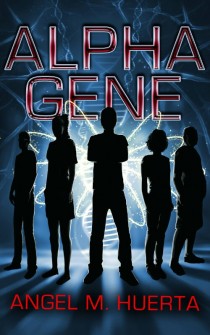
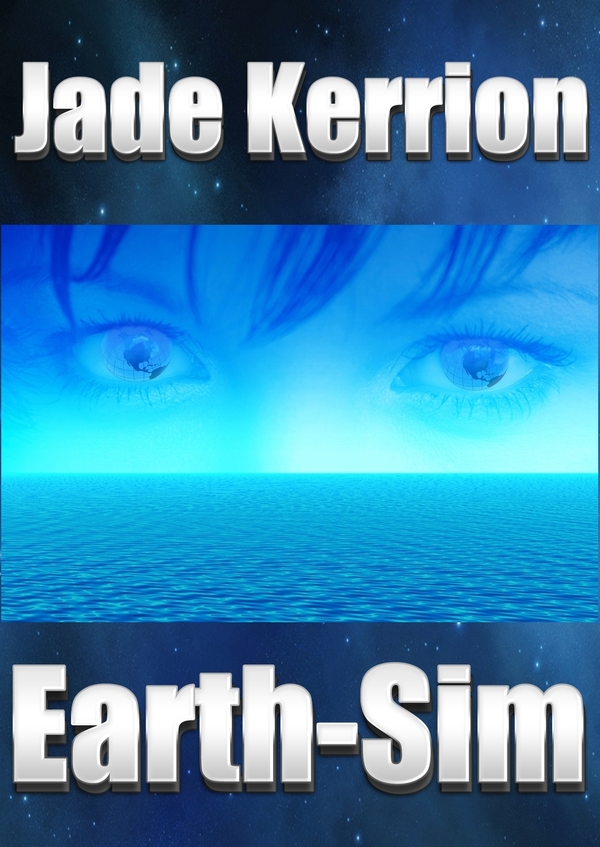
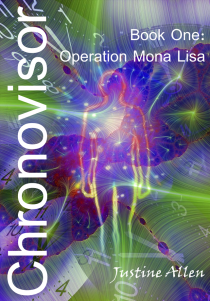
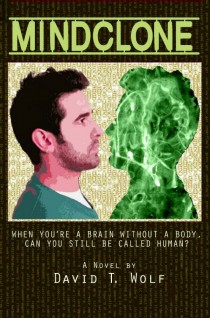
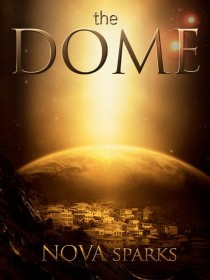
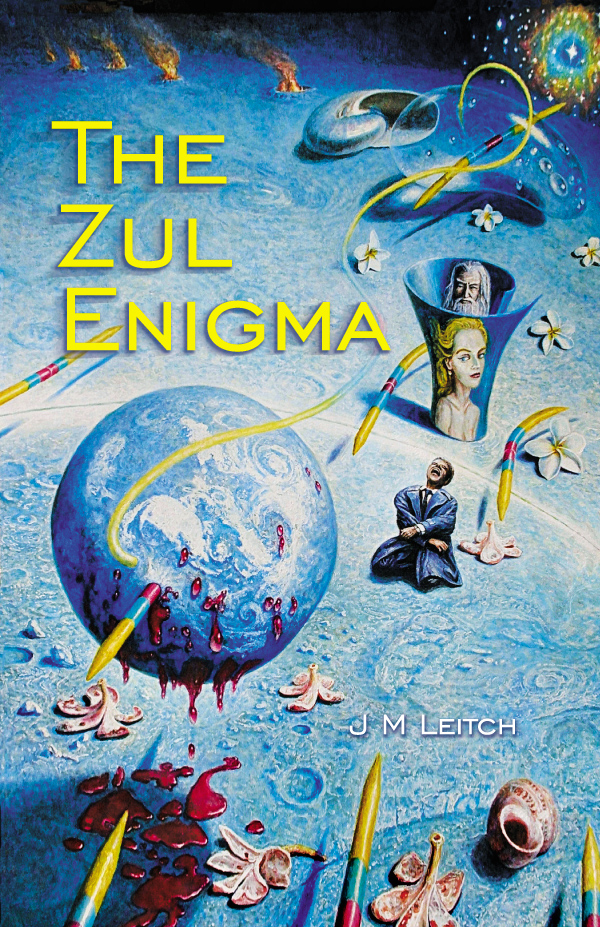
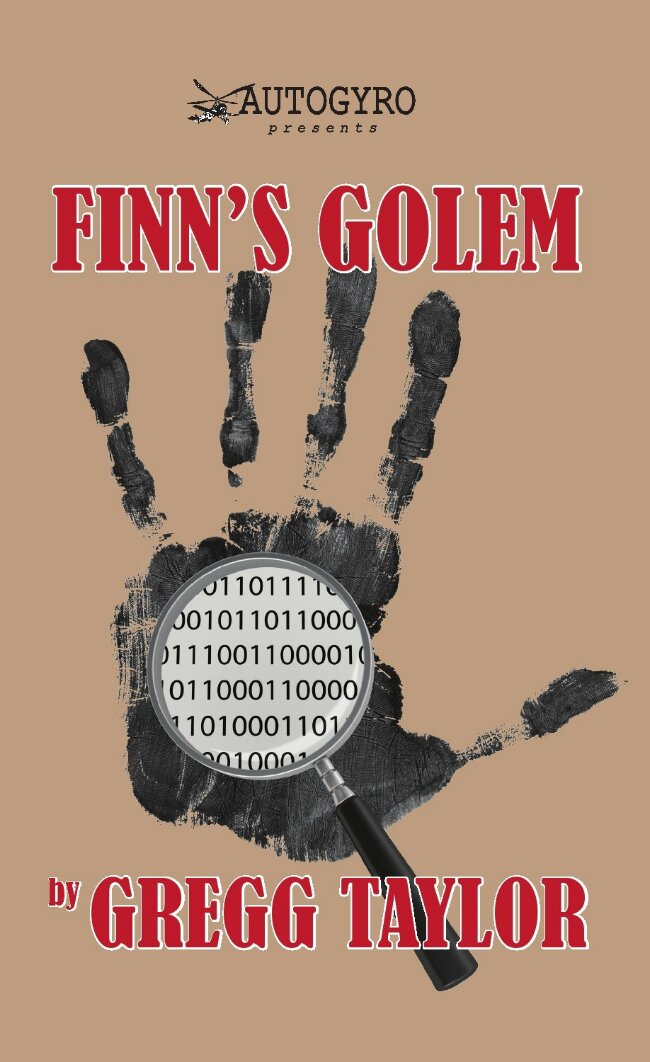
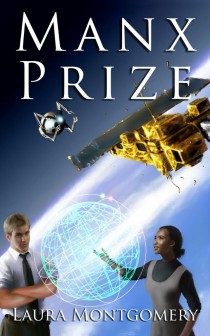
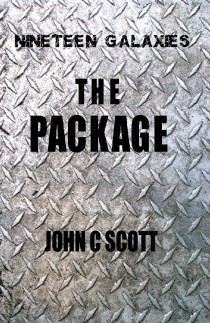
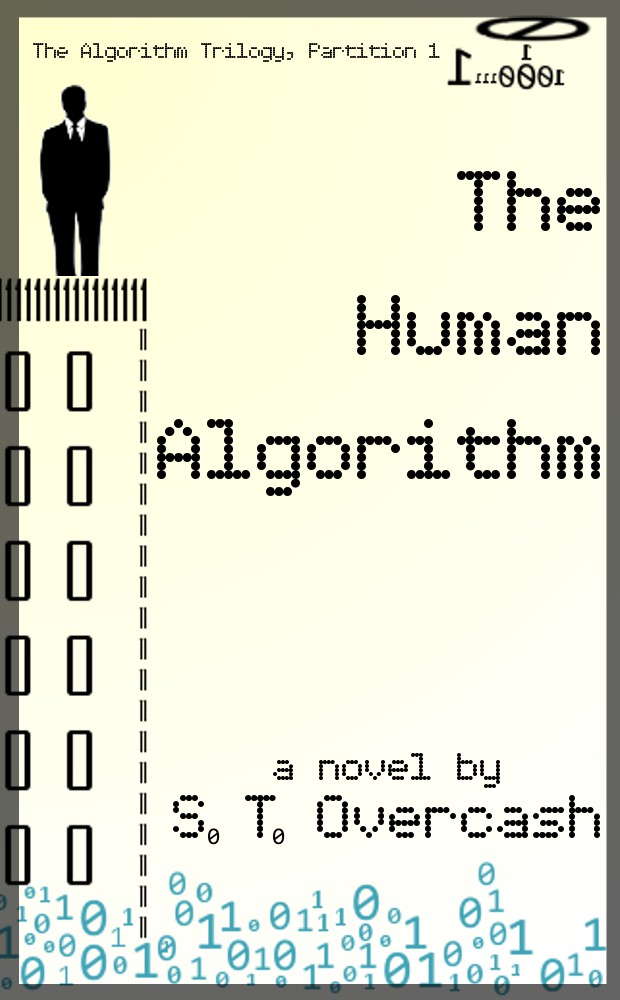

Leave a Facebook, Google+ or Wordpress Comment